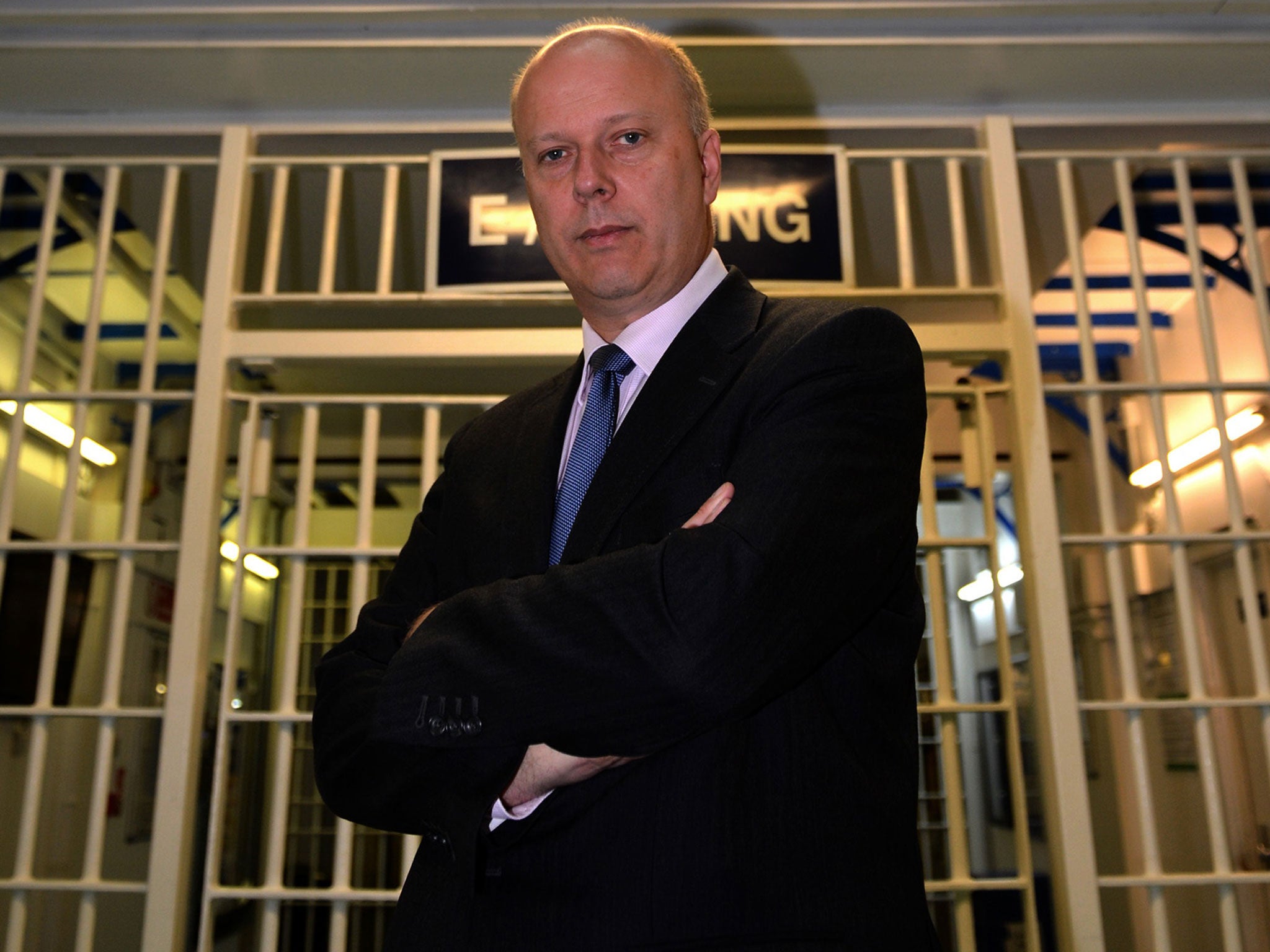Anonymity for those jailed by 'secret courts' is wrong, says Lord Chief Justice
Lord Judge directs judiciary to name those being jailed and give details of their offence

No one can be sent to jail without an announcement being made in public, the Lord Chief Justice has ordered in guidance issued tonight.
The directive to the judiciary comes in response to the case of a woman sentenced to five months behind bars in a private hearing in the Court of Protection.
Wanda Maddocks, 50, was found to be in contempt of court after publicising details of her father John’s case, contrary to Judge Martin Cardinal’s orders. She was not present at the hearing, nor was she represented by a lawyer. Moreover, the judge did not publish the sentence passed in the Court, which automatically bars members of the public and the press from witnessing its hearings.
But Lord Judge has ruled that, in future, judges should: name the person they are jailing; outline the nature of the their offence; and details of the punishment imposed. “There are never any circumstances in which any one may be committed to custody without these matters being publicly stated,” he and Sir James Munby, the President of the Family Division and of the Court of Protection wrote.
They wrote: “It is a fundamental principle of the administration of justice in England and Wales that applications for committal for contempt should be heard and decided in public, that is, in open court.”
They ruled that there are circumstances under which the hearings in which it is to be decided if someone should be jailed for a contempt of court themselves can be heard in private. But they said this should happen only in “exceptional circumstances”.
“The fact that the hearing of the committal application may involve the disclosure of material which ought not to be published does not of itself justify hearing the application in private if such publication can be restrained by an appropriate order,” they wrote.
Their decision relates to those two courts, which are exempt in law from the principle of open justice. In 2010, The Independent led a group of news organisations to win the first right to report from the Court of Protection, which handles the affairs of people adjudged not to have mental capacity to do so themselves.
Its workings came to the fore in 2009 after the Independent highlighted the case of the blind, autistic pianist Derek Paravicini, who was nicknamed the “human iPod” because of his ability to play music after a single hearing.
Earlier this week, Justice Secretary Chris Grayling asked one of the country’s most senior judges to revisit the rules covering the Court, created by Labour’s Mental Capacity Act 2005 which came into force in 2007.
Mr Grayling has asked Sir James Munby to widen the scope of the review he is currently carrying out into the family courts to include the Court of Protection.
He wrote: “As you will be aware, the issue of transparency in the Court of Protection has recently attracted media attention. While we want to ensure that we balance the interests of safeguarding vulnerable adults with those of increasing the transparency of proceedings, I would welcome your views on how we might best achieve this.”
